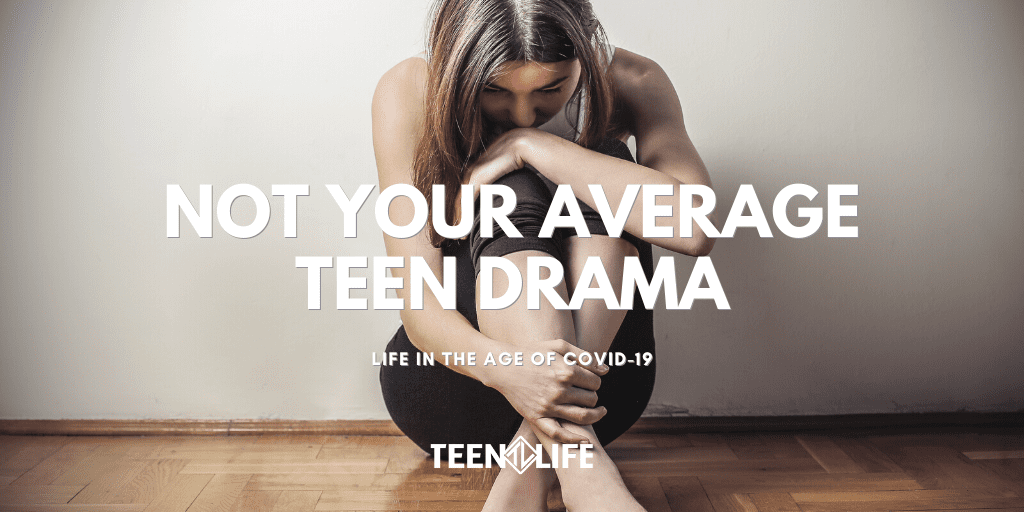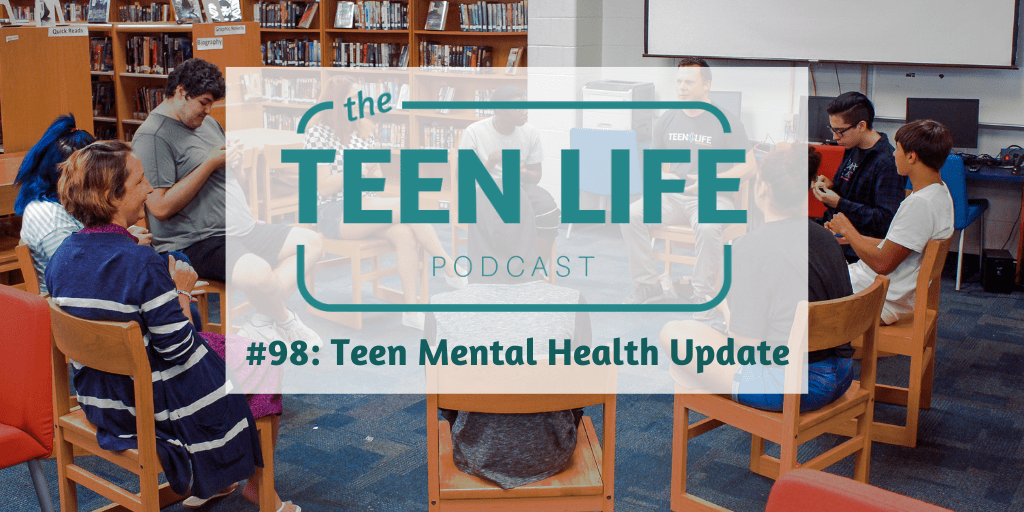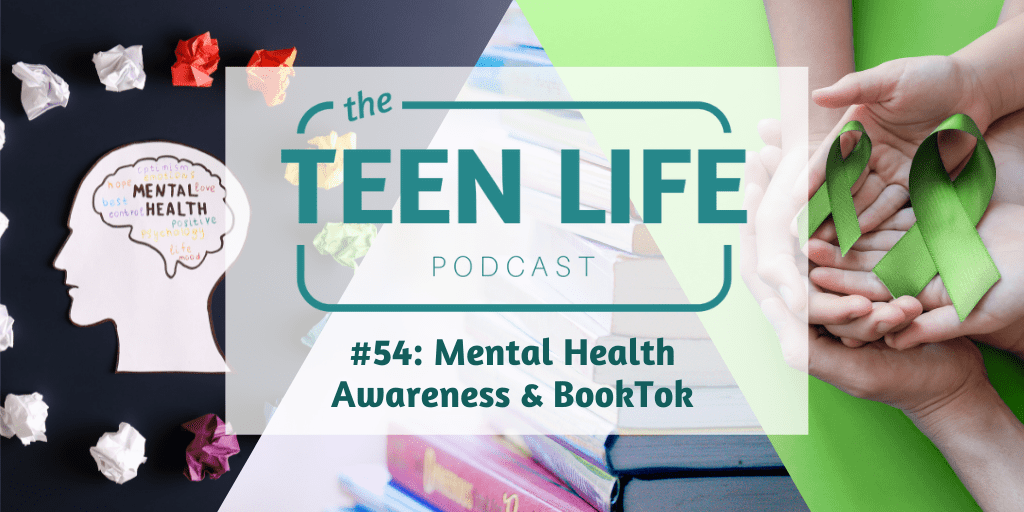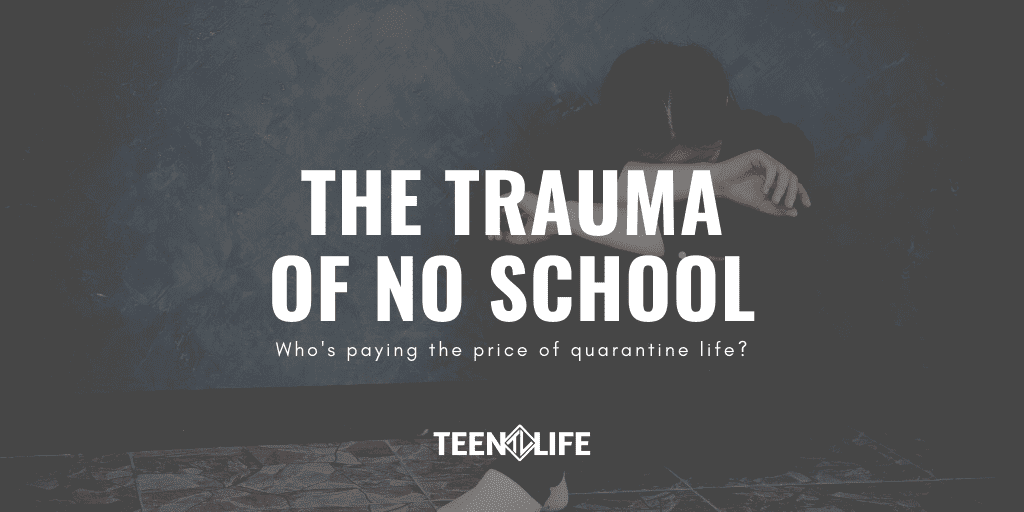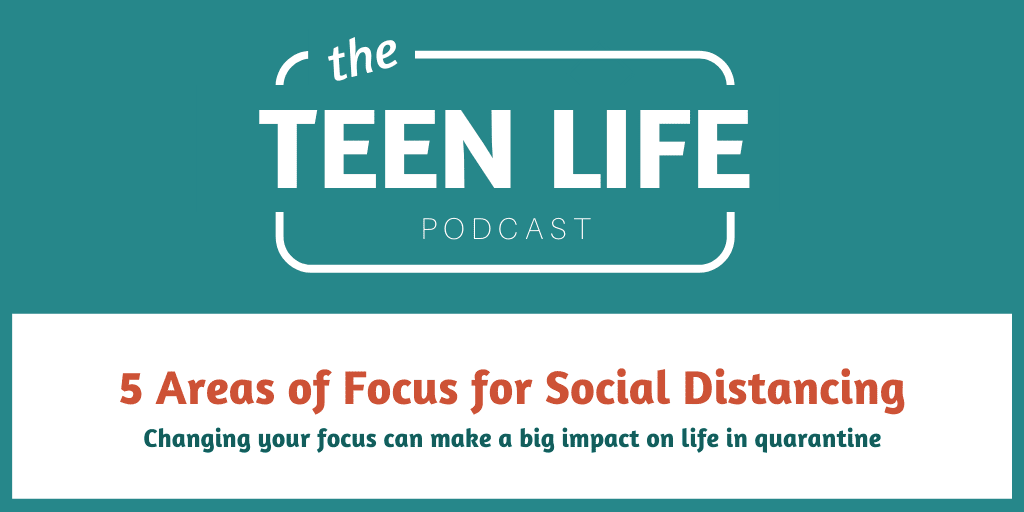
5 Areas of Focus for Social Distancing
Podcast: Play in new window | Download
What can help protect the mental health of teens while social distancing?
Here we are…still social distancing! In this podcast episode, Chris and Karlie discuss 5 different areas of focus that can help shape this unique time of social distancing.
They will talk about the importance of…
-
- Physical movement
- Mindful moments
- Self-care
- Tech breaks
- Generosity
It is so vital that you take care of yourself and encourage teenagers to do the same. We might have to change our expectations, and that is OKAY. But let’s make the best of this time of social distancing due to COVID-19! While we hope that life can return to “normal” soon, we want to continue to equip teenagers to grow, learn, and thrive today while also maintaining hope for the future.
Ask a Teen
What is something good in your life right now?
Resources:
In this interview, we mentioned the following resources:
- Become an Impact Member:Set up your monthly donation.
- Brené Brown Podcast Episode
- Website: teenlifepodcast.com
- Music: Under the Chandeliers
Have a question?

Karlie Duke
Communications Director

Chris Robey
Former CEO
Karlie Duke | Director of Communications
Karlie has always had a heart for teenagers. Through her role at Teen Life, she loves to showcase the amazing stories coming out of Support Groups, but she is especially passionate about helping adults and teenagers find connection. Karlie has a BS in Communications with a minor in Family Studies from Abilene Christian University.
Chris Robey | Former CEO
Chris has spent most of his career empowering teenagers from all backgrounds. As the former leader of Teen Life, he is passionate about helping students make good choices while also giving adults the tools they need to communicate more effectively with teens. Chris is a graduate of Midwestern State University and holds a Master’s Degree in Family Life Education from Lubbock Christian University.









